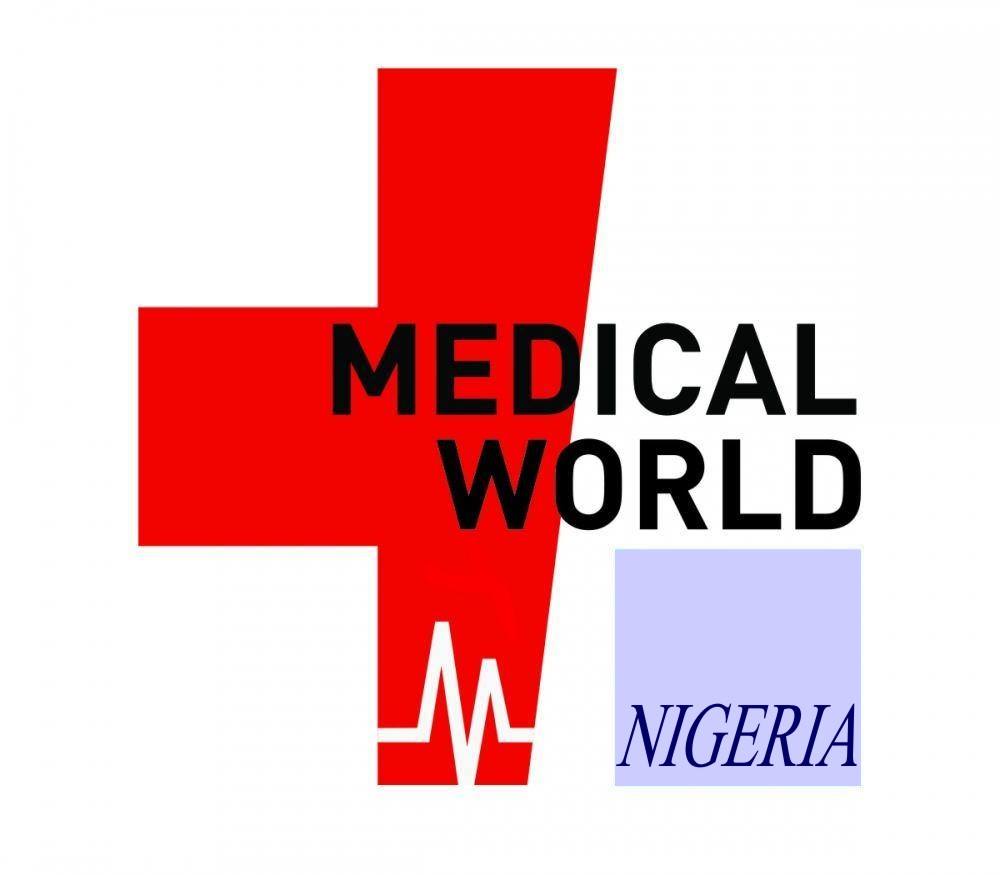The Pharmacists Council of Nigeria is the Parastatal of the Federal Government estabilished by Act Cap P17, LFN, 2004 and charged with the responsiboloty among others, of regualting and controlling pharmacy education, training and practice in all aspects and ramifications
The regulation of all premises where pharmaceutical activities are carried out is undertaken through the processes of inspection, approval, registration and annual licensure of the premises. These premises include manufacturing, importation, distribution and wholesale outfits as well as community and hospital pharmacies, and patent and proprietary medicines vendors shopsIn view of the trend by some State Government to concession their Hospital Pharmacies through
Public/Private participation (PPAs), it has become necessary for the Pharmacists Council of Nigeria (PCN) to call attention to its expectations and responsibilities.
Council frowns at recent arrangements which tend to promote commerce to the detriment of professionalism and therefore breach existing pharmacy laws and the Council's Code of Ethics for pharmacists
The PCN has responsibility to regulate and control pharmacy practice and to prescribe standards of practice for all areas of the profession.
For the records, the role of pharmacists in public hospital in clude.
A. ADMINISTRATIVE SERVICES
1. Plan and co-ordinate departmental activities.
2. Develop policies
3. Schedule personnel and provide supervision
4. Co-ordinate administrative needs of the Pharmacy and Therapeutic committee.
5. Supervise departmental office staff
B. EDUCATION AND TRAINING
Co-ordinate programmes of undergraduates and graduate pharmacy students.
2. Participate in Hospital-wide educational programmes involving nurses, doctors and other health personnel.
3. Train newly employed pharmacy departmental programme of freshly graduated pharmacists from the university.
C. IN-PATIENT SERVICES:
1. Provide medications for all in-patients of the hospital on a 24 hour per day basis.
2. Inspection and control of drugs on all treatment areas.
3. Co-opection with medical drugs on all treatment areas.
4. Provide drug consultation services to staff and medical personnel.
5. Counsel the patients on the drugs dispensend to them.
E. DRUG INFORMATION SERVICES:
1.Provide drug information on drugs and drug therapy to doctors, nurses, medical and nursing students and other hospital staff.
2. Maintain the drug information centre.
3. Prepare the hospital's pharmacy newsletter
4. Maintain literature files.
F. DAPARTMENT SERVICES:
1. Controls and dispense intravenous fluids
2. Control and dispense controlled substances
3. Co-ordinate and control all drug delivery and distribution system
G. PURCHASING AND INVERTORY:
1. Maintain drug inventory control
2. Purchase all drugs
3. Receive, store and distribute drugs
4. Interact with medical service representatives
H. PHARMACEUTICAL RESEATCH:
1. Develop new formulations and drugs, especially dosage forms not commercially available and of research drugs.
2. Improve formulations of existing products.
3. Co-operate with medical research staff of projects involving drugs
I. ASSAY AND QUALITY CONTROL:
1. Performs analyses on products manufactured and purchased .
2. Develop and revise assay procedures
3. Assist research division in special formulations
J. DRUG PRODUCTION AND PACKAGING:
1. Produce wide variety of items in common use in the hospital.
2. Operate an overall drug packaging and pre-packaging programme
3. Undertake programme in product development
4. Maintain a unit dose programme
5. Produce Haemodialysis Concentrate for the hospital
K. STERILE PRODUCTS:
1. Produce small volume parenteral
2. Produce Intravenous fluids in the hospital formulary
3. Manufacture sterile ophthalmologic, irrigating solutions etc
4. Prepare aseptic dilution of iyophilize and other unstable sterile injections for administration patients.
It is imperative to inform all hospital pharmacies of the need to be inspected and registered by the PCN to ensure that minimum standards conductive to Good pharmacy Practice exist and are strictly adhered to The PCN's powers to regulate and control parctices in all its aspects and ramifications in Nigeria was affirmed by the Federal High Court ruling in October 2007. All hospital pharmacies proprietors of PPP/Concession agreements are by this notice advised to seek registration as they may otherwise be potentially vulnerable to a violation of salient provisions of the PPA cap 535 LFN 1990 and Section 11 (a) of the PCN Code of Ethics for Pharmacists in Nigeria.
The spirit of the law is that all hospital pharmacies must be in direct and personal control of the superintendent pharmacist, who are hereby warned to be aware of their responsibility and the grave consequences of dereliction of duty. Finally, the PCN appeals to promoters of PPPs and Concession agreements to liaise with its Registry to ensure conformance with extant laws and guideline
Signed:
Management.
ABUJA: Training Schedule for Basic Life Support BLS, Pediatric Advanced Life Support (PALS), Advanced Cardiovascular Life Support ACLS, First Aid, CPR, AED
PORTHARCOURT: Training Schedule for Basic Life Support BLS, Pediatric Advanced Life Support (PALS), Advanced Cardiovascular Life Support ACLS, First Aid, CPR, AED
LAGOS: Training Schedule for Basic Life Support BLS, Pediatric Advanced Life Support (PALS), Advanced Cardiovascular Life Support ACLS, First Aid, CPR, AED


